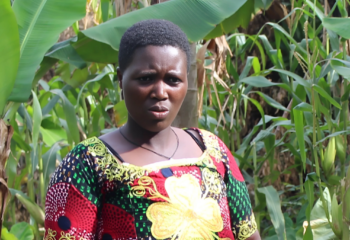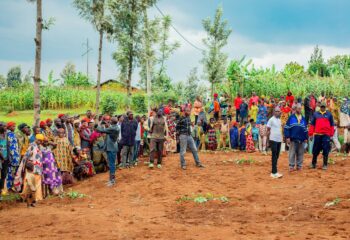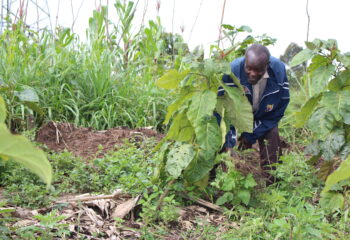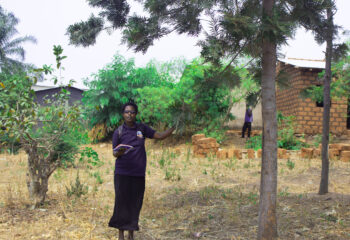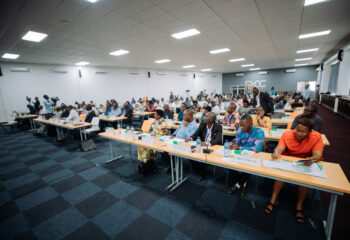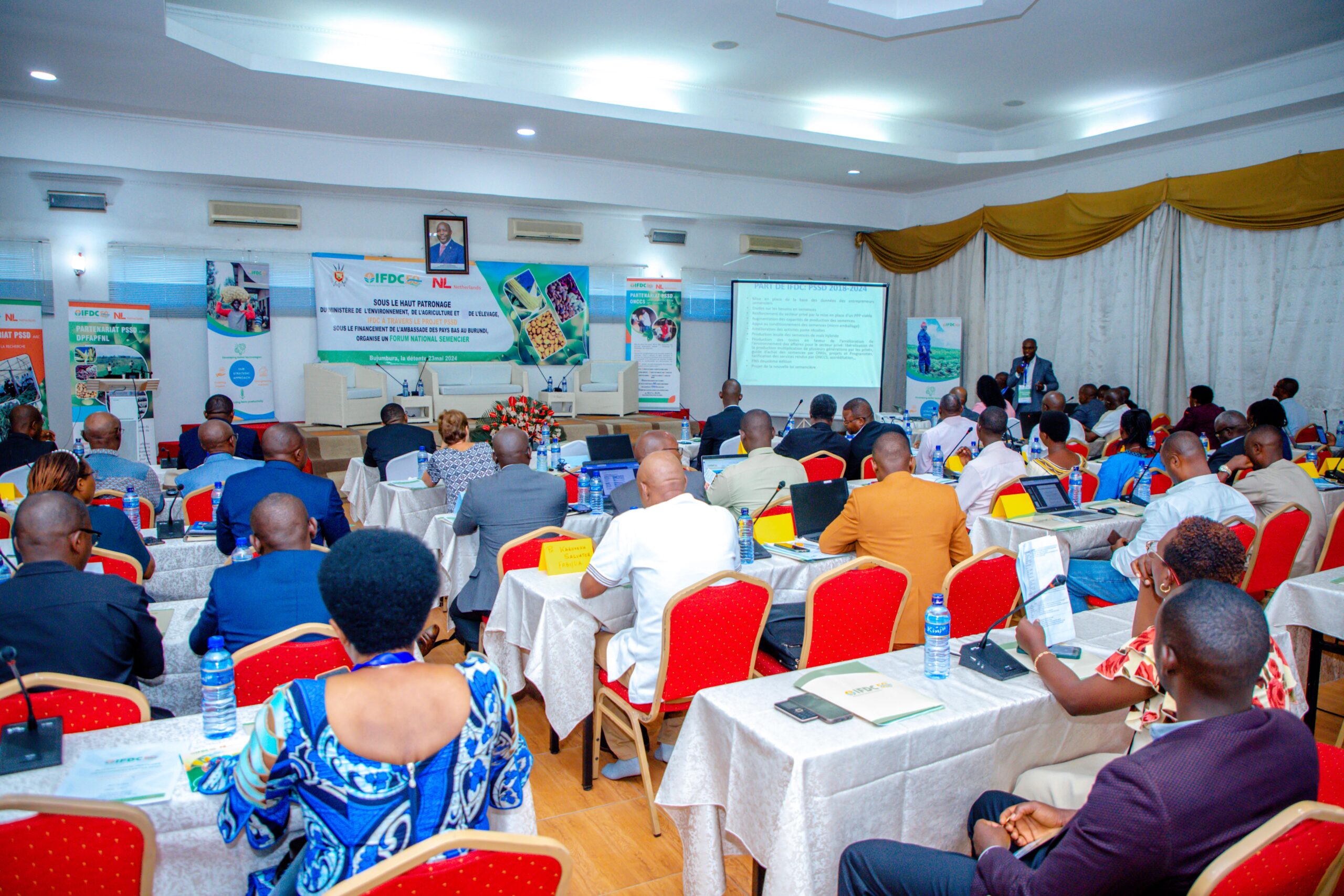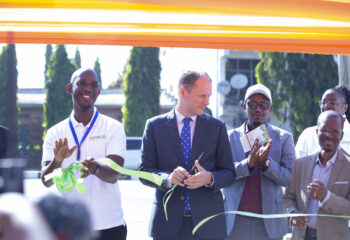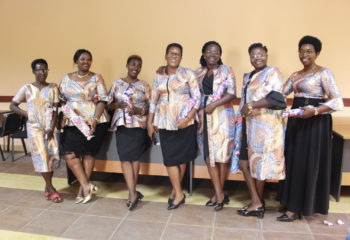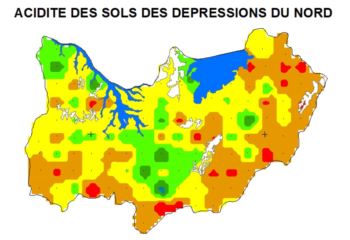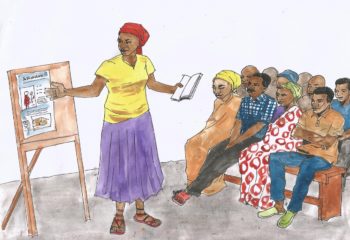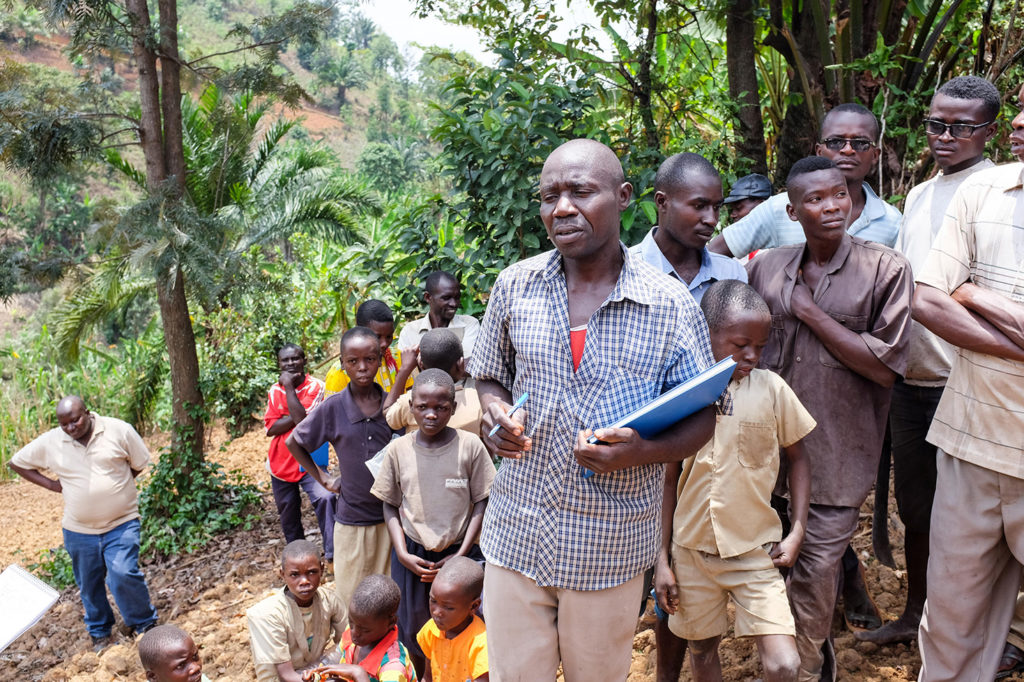
The Projet d’Appui pour une Gestion Responsable et Intégrée des Sols (PAGRIS) is a project (March 2020 – June 2025) funded by the Embassy of the Kingdom of the Netherlands in Burundi.
PAGRIS seeks to achieve ecologically sustainable land management in Burundi and will work at three levels: plot, slope, and institutional. PAGRIS aims to reach 100,000 family farms and establish ecologically sustainable management on 14,000 ha of land by scaling the Integrated Farming Plan (PIP) approach from IFDC’s Agricultural Productivity Support Project in Burundi (PAPAB), which ran from 2015 to 2020.
Integrating Sustainable Agricultural Practices
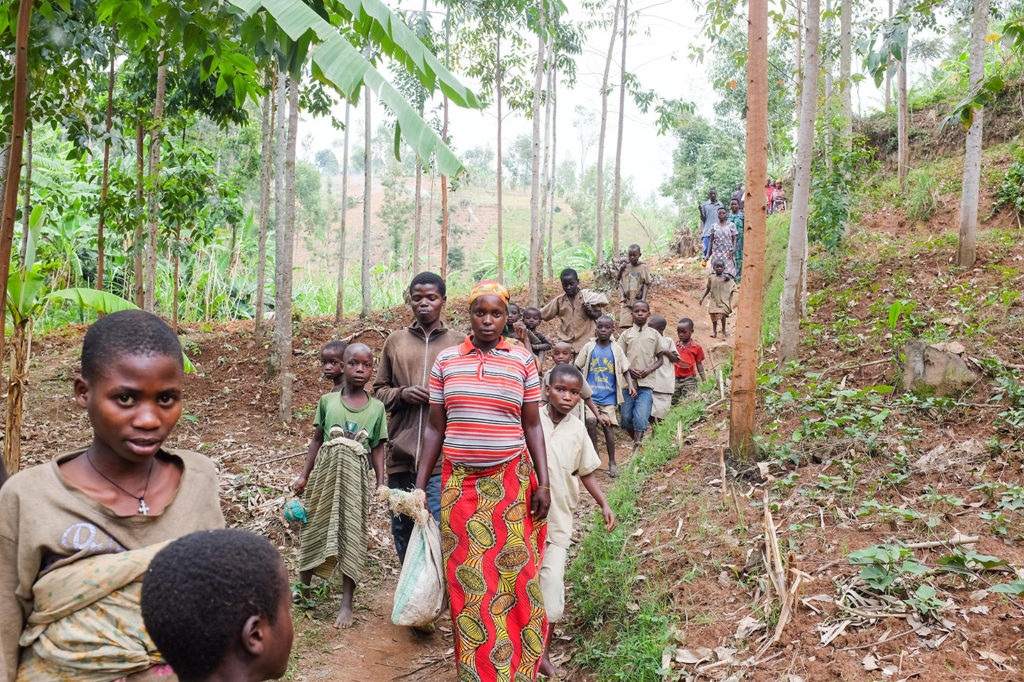
Expected Outcomes
- Reach 100,000 family farms with PIP approach to engage families in decision making.
- Establish ecologically sustainable management on 14,000 ha.
- Improved availability, access to, and utilization of context-specific fertilizer products and techniques for more than 1.2 million farming households.
A Holistic Approach
At the plot level, PAGRIS will co-create (using local and scientific knowledge) and implement farm-based strategies for improved yield, incomes, and soil fertility. The targeted beneficiaries are farming households with all household members participating.
PAGRIS aims to reach 100,000 family farms and establish ecologically sustainable management on 14,000 ha of land.
At the slope level, PAGRIS aims to improve land management of slopes through collective community action, based on Participatory Learning and Action. All family farms on a slope will be supported to design a slope management plan to tackle soil erosion, reach stewardship agreements, and implement integrated practices that eventually benefit the whole community.
At the institutional level, PAGRIS will contribute to a favorable institutional environment that improves the availability, access, and utilization of context-specific fertilizer products and techniques. It will do so by building capacity at agricultural knowledge institutes, identifying and assisting in cost-effective organo-mineral fertilizer blends, and supporting the national fertilizer subsidy program.
PAGRIS is led by IFDC and implemented together with Wageningen Environmental Research (WEnR – formerly Alterra) and with Twitezimbere as a national partner.

Results
2023
- Trained research farmers to co-create an integrated farm plan and test and implement land stewardship strategies and practices using the Participatory Learning and Action (PLA) approach.
- Taught 94,000 households to develop a plan to improve landscape management, tackle soil erosion, reach stewardship agreements, and implement integrated soil fertility management (ISFM) practices through collective community action, covering a total of 20,000 ha.
- Supported the adoption of a national policy on watershed management, which was enacted in March.
- Facilitated the distribution of approximately 10,000 mt of lime to about 15,000 households to tackle soil acidity.
2022
- Trained research farmers to co-create an integrated farm plan and test and implement land stewardship strategies and practices using the Participatory Learning and Action (PLA) approach.
- Taught 75,000 households to develop a plan to improve landscape management, tackle soil erosion, reach stewardship agreements, and implement integrated soil fertility management (ISFM) practices through collective community action, covering a total of 50,000 ha.
- Supported the adoption of a national policy on watershed management, which was enacted in June.
- Facilitated the distribution of approximately 10,000 mt of lime to about 10,000 households to tackle soil acidity.
2021
- Facilitated 294 research farmers to establish plots to demonstrate good agricultural practices and innovations based on integrated soil fertility management (ISFM).
- Taught 14,237 households within 215 watersheds to develop a plan to improve landscape management, reach stewardship agreements, and implement integrated practices through collective community action, covering a total of 15,542 ha.
- Supported national research institutes on elaborating national soil fertility maps and studying the feasibility of improving the use of dolomite in Burundi to tackle soil acidity.
- Helped the Soil Fertilization Directorate (DFS) improve the strategic and technical quality of fertilizers produced and distributed in Burundi through the National Fertilizer Subsidy Program (PNSEB).
2020
- Identified 42 pilot villages, 215 relevant watersheds of around 20 ha each, and 294 research farmers. Watershed communities have been taught to develop their own plan to improve landscape management, tackle soil erosion, reach stewardship agreements, and implement integrated practices through collective community action.
- Trained research farmers to co-create their own integrated farming plan and to test and implement land stewardship strategies and practices using the participatory learning and action approach.
- At the institutional level, PAGRIS supported the Soil Fertilization Directorate (DFS) to improve the strategic and technical quality of fertilizers that have been produced and distributed in Burundi through the National Fertilizer Subsidy Program (PNSEB).
Expected Outcomes
- Reach 100,000 family farms with PIP approach to engage families in decision making.
- Establish ecologically sustainable management on 14,000 ha.
- Improved availability, access to, and utilization of context-specific fertilizer products and techniques for more than 1.2 million farming households.
- Provide support to 500 micro, small, and medium enterprises, specifically seed and agro-dealers.
- 400,000 women empowered through food and nutrition security initiatives.
Informative Videos
Practicing Intercropping (English and French subtitles)
Composting for Healthier Soils (English and French subtitles)
Mulching to Protect the Soil (English and French subtitles)
Contour Trenching with Soil-Fixing Grasses and Trees (English and French subtitles)
Harnessing the Power of Agroforestry (English and French subtitles)

